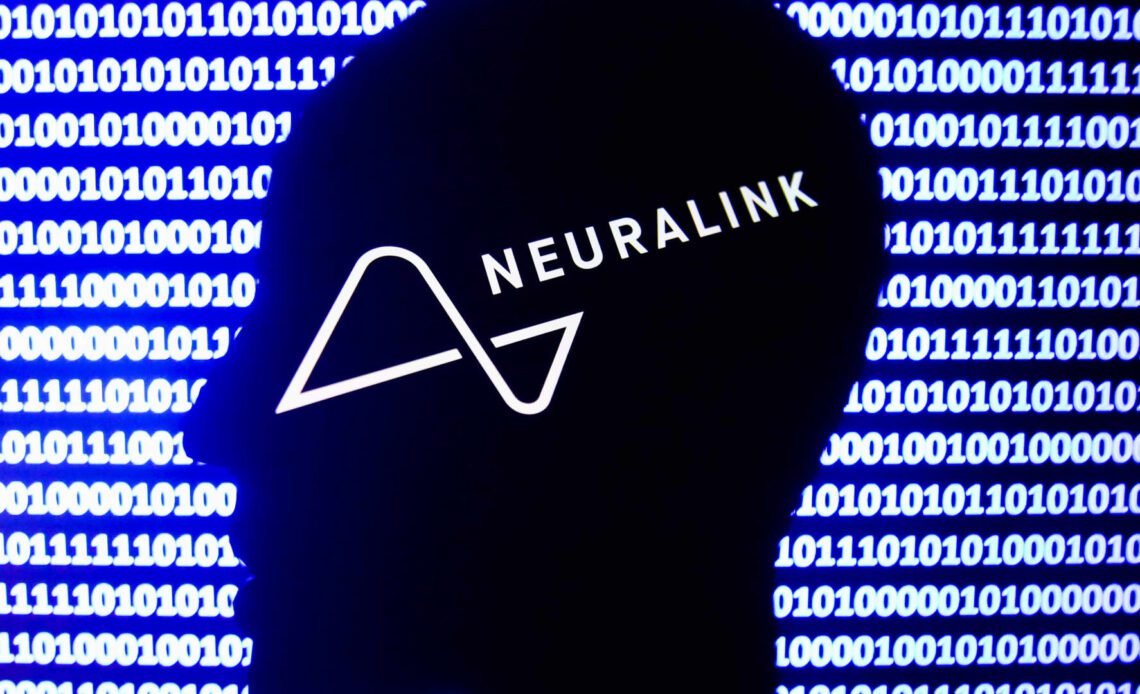[the_ad id="21475"]
[ad_1]
Neuralink logo displayed on a phone screen, a silhouette of a paper in shape of a human face and a binary code displayed on a screen are seen in this multiple exposure illustration photo taken in Krakow, Poland on December 10, 2021.
Jakub Porzycki | Nurphoto | Getty Images
Neuralink, the neurotech startup co-founded by Elon Musk, announced Thursday it has received approval from the Food and Drug Administration to conduct its first in-human clinical study.
Neuralink is building a brain implant called the Link, which aims to help patients with severe paralysis control external technologies using only neural signals. This means patients with severe degenerative diseases like ALS could eventually regain their ability to communicate with loved ones by moving cursors and typing with their minds.
“This is the result of incredible work by the Neuralink team in close collaboration with the FDA and represents an important first step that will one day allow our technology to help many people,” the company wrote in a tweet.
The FDA and Neuralink did not immediately respond to CNBC’s request for comment. The extent of the approved trial is not known. Neuralink said in a tweet that patient recruitment for its clinical trial is not open yet.
Neuralink is part of the emerging brain-computer interface, or BCI, industry. A BCI is a system that deciphers brain signals and translates them into commands for external technologies. Neuralink is perhaps the best-known name in the space thanks to the high profile of Musk, who is also the CEO of Tesla, SpaceX and Twitter.
Scientists have been studying BCI technology for decades, and several companies have developed promising systems that they hope to bring to market. But receiving FDA approval for a commercial medical device is no small task — it requires companies to successfully conduct several extremely thorough rounds of testing and data safety collection.
No BCI company has managed to clinch the FDA’s final seal of approval. But by receiving the go-ahead for a study with human patients, Neuralink is one step closer to market.
Neuralink’s BCI will require patients to undergo invasive brain surgery. Its system centers around the Link, a small circular implant that processes and translates neural signals. The Link is connected to a series of thin, flexible threads inserted directly into the brain tissue where they detect neural signals.
Patients with Neuralink devices will learn to control it using the Neuralink app. Patients will…
Click Here to Read the Full Original Article at Top News and Analysis (pro)…
[ad_2]
[the_ad id="21476"]
